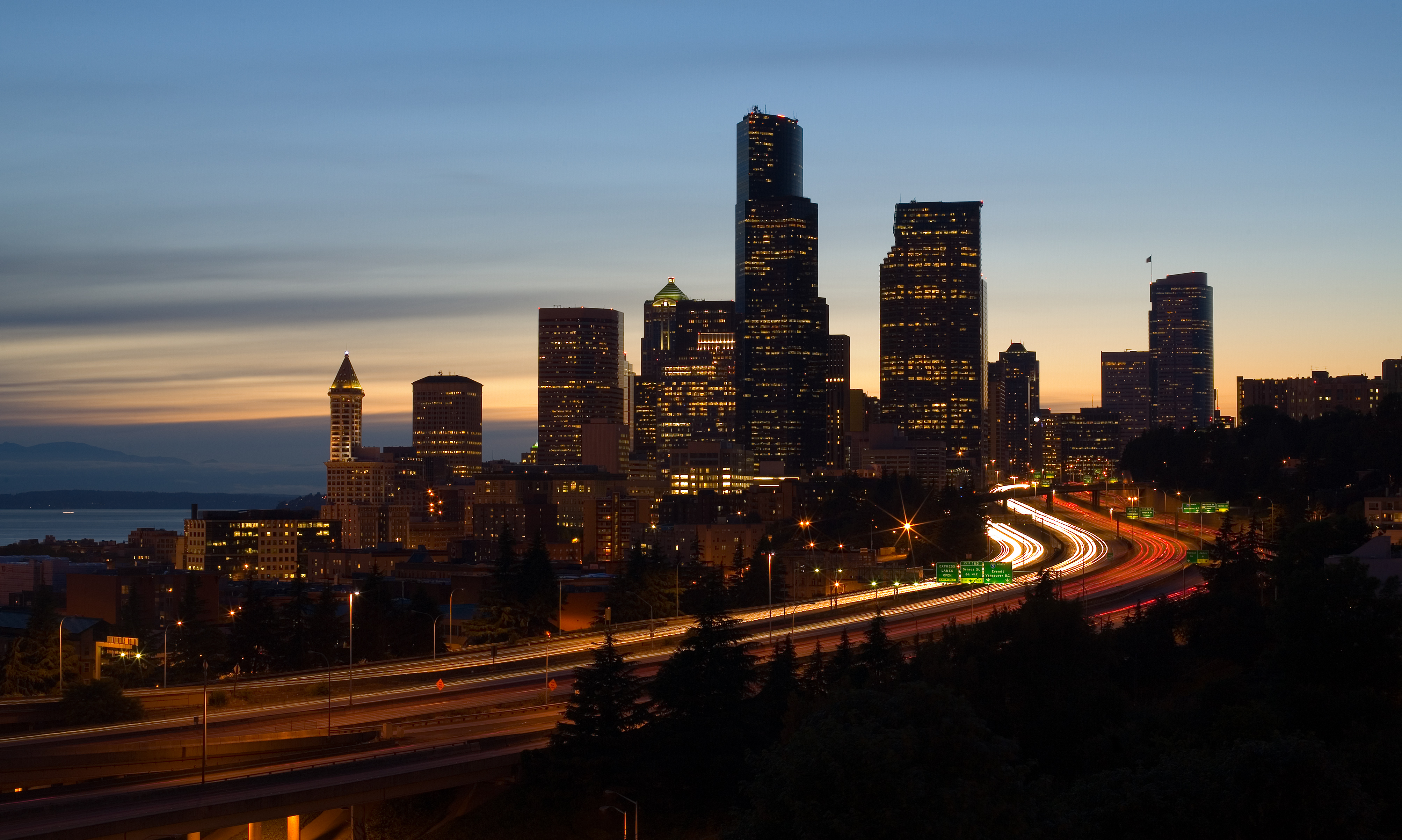1999 vs. 2014 vs. 2025 – How Critical is Technology for the Future of Logistics?
Technology has become one of the most exciting elements of the logistics industry in recent years with tech start-ups, the app boom and mobile infrastructure. eft Research Director Haley Garner weighs in with some thoughts on tech, and its implications...

One of the things we’ve found ourselves discussing here at eft on almost a daily basis has been the rapprochement of the technology in our lives with our work in supply chain and logistics. Namely, the world of apps, mobile phones and the internet have really started to impact not only our day to day lives, but what we’re seeing in supply chain and logistics.
Start-up companies, especially in the web/tech space, seem to be back in fashion in a way we haven’t seen since the dot com bubble. With economic strife in recent memory, and the blind confidence investors once had in webbased businesses at the turn of the millennium, the question ‘what has changed?’ really resonates with this new-found serge in webbased start-ups. Further, if change has occurred, how far can it go to complement businesses long-term? And what does this mean for logistics?
Technology and its adoption by the general population is the easy answer to ‘what has changed’. In her article on delivery start-ups, Claire Cain Miller notes that some of the key changes that have occurred since 1999 including a huge upsurge in internet users – especially those on mobile platforms - as well as a new level of service from logistics providers allowing start-ups to eliminate overhead risks. Gone are start-ups investing millions into infrastructure, and back are a group of entrepreneurs sat in a room capable of running relatively complex and multifaceted businesses. Despite this, she highlights one of the age-old problems with logistics, and the shipping of products – cost. While it might be nice to receive a collection of hand-picked craft beer every month while promising free delivery, there’s inherently a level of complexity and service involved that comes at a significant cost. Will they be able to maintain margins? Will their 3PL? (I’m signing up either way, as my love for craft beer and susceptibility to free delivery trump any business acumen I might have ;) )
On the other hand, we see the success a company such as Uber has been experiencing and we start to see a world in which low-margin logistics might be sustainable. Uber is the non-asset based taxi company come transportation network company that uses an app to connect customers with a fleet of independent drivers and vehicles to get them from A-B cheaply, and easily. Uber’s latest move, to release the API of their app to partners for integration into third party apps, gives us a possible glimpse at the future logistics. Imagine a world in which your favourite store’s website had Uber embedded into it such that you could order a product, Uber would then source its closest member vehicle for your purchase and allow you to track it home. You can imagine they’re probably working on adding a level of complexity to their system such that their member drivers can pick up a combination of packages and passengers, and get dynamically built routes.
What does this mean then for the 3PL who’s already fighting commoditization? In a study by DPDHL on e-tailing, and the future of logistics, 4 alternate scenarios are posited, that range from some reliance on technology to total reliance on technology. One of these sees a world of connectivity, wearables, and increased online retailing where logistics companies are ‘members of partner networks and operate joint distribution centers. [where] Empty truck trips or several different operators making the same journey [as] unthinkable in 2025.’ It looks like Uber might be onto something. So rather than a return to the bubbles of 1999, we might be in an age where the tech startups of today, redefine the logistics of tomorrow.
While we don’t have a crystal ball here at eft, we do have a great network of future-looking industry experts. I hand the question over to you - how critical is technology for the future of logistics?
- Start-ups will be featured in a special session at this year's 8th North American Hi-tech and Electronics Supply Chain Summit - October 28th, Crowne Plaza, San Francisco Airport
- Logistics Technology will be featured at this year's 16th European Logistics CIO Forum, November 17th-18th, Park Plaza, Amsterdam Airport
- The Future of the Logisitcs industry will be featured at this year's 12th 3PL Summit, November 18th-20th, Park Plaza, Amsterdam Airport



